Seconds (1966)
“Don’t think, Tony — I came here to feel, to be!”
|
Synopsis: |
|
Genres, Themes, Actors, and Directors:
Response to Peary’s Review: In Peary’s Cult Movies 3, he includes an extended essay on Seconds written by Henry Blinder, who interviewed Randolph, screenwriter John Carlino, composer Jerry Goldsmith, and producer Edward Lewis. Blinder writes unequivocally that “Seconds is quite possibly the most depressing film ever made — it is a film of unrelieved despair”, and (citing Carlino) “almost too painful to watch”. Blinder refers to Seconds as “the living nightmare of a man who acts to fill his emptiness without having an idea of what to fill it with”, culminating in “one of the most harrowing murders ever filmed”. In his analysis, Blinder references other key cinematic works — noting, for instance, that the final shot in Seconds is akin to “Rosebud” in Citizen Kane (1941), and that Ely’s original novel was a precursor of sorts to Ira Levin’s novel-turned-movie The Stepford Wives (1975): “In Ely’s work, the men pay a great deal of money to alter/replace themselves; in Levin’s the men pay a great deal of money to alter/replace their wives”. Indeed, Seconds is very clearly about males in crisis, given that the two key females — Reid as Randolph’s wife, and Jens as Hudson’s free-spirited new lover — are ultimately supporting players in his story, and the nefarious “company” is run by (white, middle-aged) men. Blinder writes that Ely’s novel “was inspired by a startling statistic: At the time, 80,000 middle-aged American men left their wives and children each year, never to return”, causing Ely to hypothesize “that big business might want to capitalize on the legion of wealthy men”. The somewhat opaque workings of “The Company” provide a chilling example of fatal coercion in marketing, given that new members are not-so-subtly “encouraged” to name another potential client for the expensive underground procedure before they’re allowed to move on to another “level”. Hudson’s ultimate refusal to “name names” is a poignant tribute to the blacklisted actors brought out of obscurity to play either supporting (Jeff Corey, Will Geer) or central (John Randolph) roles. There is much more to say and discuss about Seconds, but simply put, it remains must-see viewing: steel yourself. Note: Seconds is often referred to as the third of Frankenheimer’s “paranoia trilogy”, following The Manchurian Candidate (1964) and Seven Days in May (1964). Redeeming Qualities and Moments:
Must See? Categories
(Listed in 1001 Movies You Must See Before You Die) Links: |
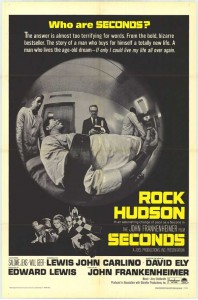
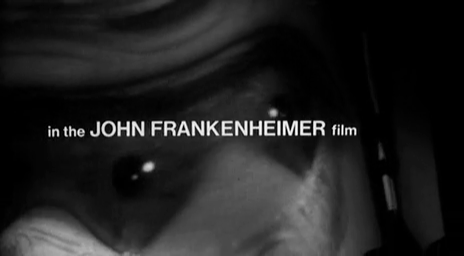

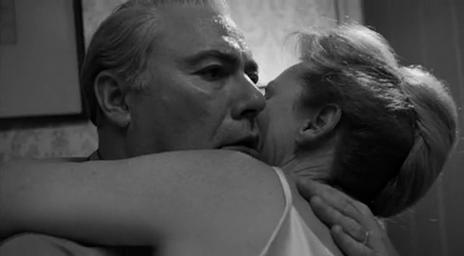
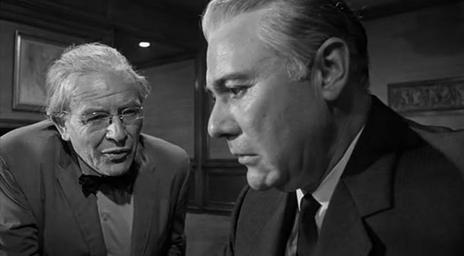

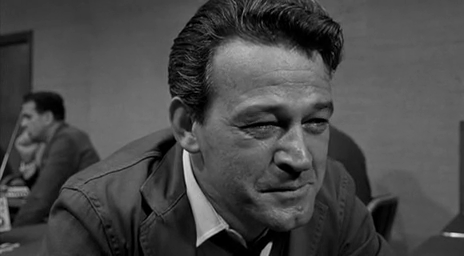
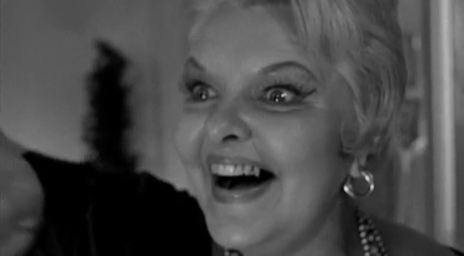
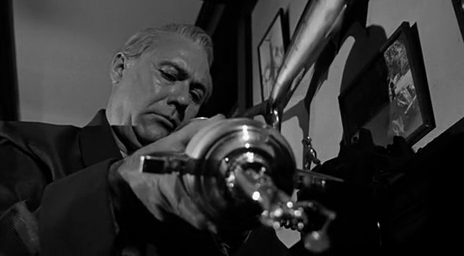
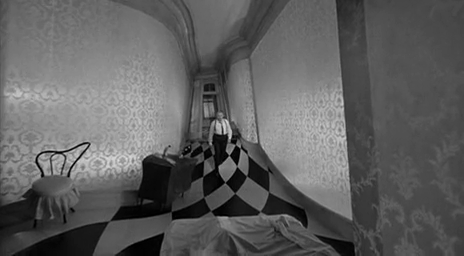
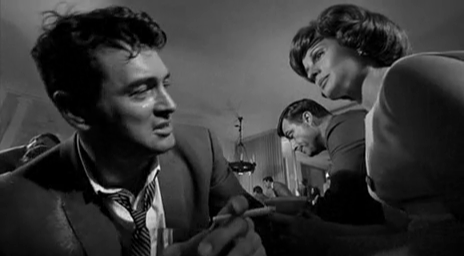
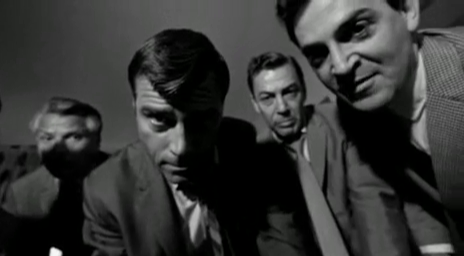
One thought on “Seconds (1966)”
A once-must, at least, for its unique place in cinema and for Hudson’s image-breaking performance.
As part of Frankenheimer’s ‘paranoia trilogy’, this could be the most ‘feel bad movie’ of the 3 because it seems so personal – in the sense that its focus is on a kind of everyday guy who has become disillusioned with life and simply wants something better for himself…only to end up with something much worse.
Even though it does flirt with sci-fi horror in some sense (the film does kind of defy categorization) and could easily be viewed as an extended episode of The Twilight Zone, there’s still enough stark realism for it to pass as a regular drama. As drama, it holds a certain relationship to films by Cassavetes…things like ‘Faces’ and ‘Husbands’. ~which is why I think even many confirmed film fanatics hesitate to sing its praises; drama that becomes heavily angst-ridden (as opposed to mainly plot-driven) seems to turn off a lot of viewers. As fascinating as ‘Seconds’ is on a number of levels, it’s also relentless in its ‘Abandon All Hope’ approach.
I have a certain fondness for the film because it’s one of three Hudson flicks (the other two being ‘Lover Come Back’ and ‘Ice Station Zebra’) which helped to inspire my play ‘My Night with Rock Hudson’. It was particularly helpful to me since, of all of his films, ‘Seconds’ is the one that seems to give us the most revealing look at Hudson the man as well as Hudson the actor (although for more specific details about the real Hudson, one would have to consult a few of the interesting books about him for the info which clearly separates him from the heterosexual man he plays in Frankenheimer’s film).
On the DVD, Frankenheimer’s widow – Evan Evans – gives additional insight on Frankenheimer’s experience in making the film. She also points out its terrible reception at Cannes, where it was met with booing – which, to me, seems a bizarre reaction on the part of an audience at Cannes. I could probably understand that kind of reaction if it came from the audience at, say, a multiplex. But a more-sophisticated audience like the one at Cannes? That, to me, says something a bit more strange than the film itself.